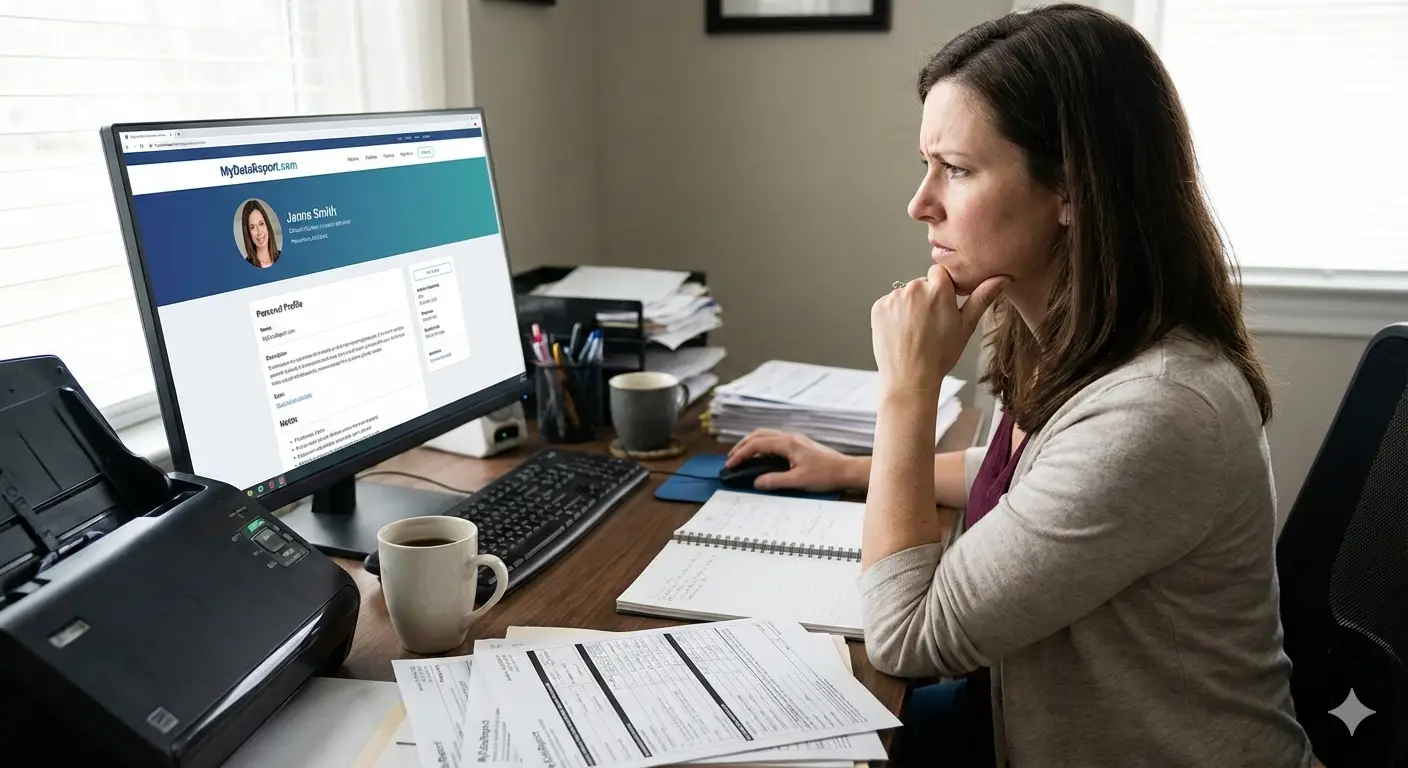When missing person cases resurface—How to support renewed searches

In North Carolina, the case of Asha Degree, who vanished at just nine years old in 2000, has recently come back into the spotlight. Fresh search efforts and new warrants show how even decades-old cases can regain momentum. For families who have endured years without answers, these developments can stir a complicated mix of hope, grief, and exhaustion.
When your loved one's case has gone cold, watching another family's story return to headlines can feel bittersweet. You want to celebrate their renewed hope while wondering why your own search remains stalled. The truth is that cold cases resurface for complex reasons, often beyond any family's control. Understanding what triggers renewed investigations can help you recognize opportunities and advocate more effectively for your own case.
What brings cold cases back to life
Several factors can reignite interest in missing person cases, sometimes years or decades later. New physical evidence occasionally surfaces—items found during construction projects, tips from witnesses who finally come forward, or belongings discovered in unexpected places. Advances in forensic technology, particularly DNA analysis and digital forensics, can make previously unusable evidence suddenly valuable.
Media attention plays a crucial role. Documentaries, podcasts, or anniversary coverage can generate fresh tips and public pressure for renewed investigation. Sometimes a detective inherits old cases and approaches them with fresh eyes, or new leadership in law enforcement prioritizes cold case units.
Changes in circumstances matter too. Witnesses who were previously afraid to speak may feel safer years later. People who were protecting someone may no longer feel that loyalty. Deathbed confessions or family revelations can break cases open after decades of silence.
The hard reality is that some cases get more attention than others, for reasons that often feel unfair to families still waiting. Young victims, cases with unusual circumstances, or those with strong media connections tend to receive more coverage. This doesn't reflect the worth of your loved one—it reflects the imperfect nature of public attention and resource allocation.

Taking action when opportunities arise
If your case shows signs of renewed interest, you can support investigators while protecting your own wellbeing. Start by organizing everything you have. Create a timeline of events leading up to the disappearance, gather all photos and documents, and compile a list of everyone who was interviewed originally.
Consider what information might be more relevant now than it was initially. Social media activity, cell phone data, and digital footprints that seemed insignificant years ago could be crucial today. Financial records, travel patterns, and online relationships may hold new meaning with modern investigative techniques.
Stay in regular contact with the assigned detective or cold case unit, but respect their process. Ask specific questions about what you can do to help rather than repeatedly asking for updates. Maintain organized records of all conversations and developments.
If you're considering hiring a private investigator for missing persons work, choose someone experienced in cold cases who can complement official efforts rather than interfere with them. Professional investigators can pursue leads that law enforcement may not have resources to follow, conduct interviews with witnesses, and use specialized databases not available to the public.
Supporting families through renewed searches
Family members and friends can provide invaluable support when a cold case reopens, but it requires sensitivity and practical thinking. The renewed activity can be emotionally overwhelming for those closest to the missing person.
Designate someone to serve as a communication hub—someone who can field calls from media, coordinate with investigators, and keep extended family informed. This prevents the immediate family from being constantly interrupted while trying to process developments.
Handle practical needs without being asked. Bring meals, help with childcare, manage household tasks, or cover work responsibilities so family members can focus on the case. Keep your support consistent over time—renewed cases often involve months or years of activity, not just a few weeks.
Be careful about what you share on social media or with others. Well-meaning posts can sometimes interfere with investigations or spread inaccurate information. Always check with the family before sharing case updates, even if the information seems public.
Protecting your emotional health
The renewed hope that comes with fresh investigation can feel as devastating as it does encouraging. You may find yourself obsessing over every development, unable to sleep or focus on daily life. This is normal, but it's not sustainable.
Set boundaries around case-related activities. Designate specific times to check for updates rather than constantly refreshing news sites or social media. Limit how much case-related media you consume—you don't need to read every article or listen to every podcast about similar cases.
Connect with other families who've been through similar experiences. Organizations like the National Center for Missing & Exploited Children and NamUs offer resources and support groups. Speaking with people who truly understand your situation can provide comfort and practical advice.
Consider professional counseling, especially if the renewed activity is affecting your relationships, work, or physical health. Grief counselors who work with ambiguous loss can help you process the complex emotions of living with uncertainty.
Working with law enforcement effectively
Cold case units operate differently than active investigations, often with limited resources and competing priorities. Understanding their constraints helps you work with them more effectively rather than against them.
Prepare for meetings by organizing your questions and information in advance. Bring copies of any new information rather than originals. Be specific about what you're asking for—requesting "any updates" is less helpful than asking "Have you been able to interview the witness we discussed last month?"
Understand that investigators may not be able to share all developments with you, especially if the case becomes active again. This silence doesn't mean they're not working—it often means they're protecting the integrity of the investigation.
If you feel like your case isn't receiving adequate attention, document your concerns and work through proper channels. Contact supervisors, victim advocates, or elected officials if necessary, but maintain professionalism throughout.

Finding strength in uncertain times
Watching a case like Asha Degree's return to the spotlight reminds us that answers can emerge even decades later, but it also highlights how long families may wait for resolution. Your strength in continuing to advocate for your loved one, year after year, deserves recognition.
Every case is different, and timing often depends on factors beyond anyone's control. What matters is that you continue to advocate effectively, take care of your own wellbeing, and remain ready to act when opportunities arise.
If you're navigating a cold case or renewed investigation, you don't have to face it alone. Davis & Forest provides compassionate, professional support to families seeking answers about missing loved ones. Our experienced investigators understand the unique challenges of cold cases and can work alongside law enforcement to pursue every possible lead.
Contact us at (704) 912-2010 or complete our contact form to discuss how we can support your search with the dedication and discretion your family deserves.
Recommended articles
Explore expert advice, industry trends, and case studies from our seasoned investigators. Stay informed with the latest updates in the world of private investigations and security.
Schedule a consultation
Ready to work with trained professionals who can uncover the truth and protect what matters most? Contact Davis & Forest Investigative Group today for trusted private investigator services. Our experienced investigators are ready to provide thorough, discreet, and results-driven investigations.
Your solution starts here
Davis & Forest Investigative Group's team is ready to help. Contact us today to discuss your case or request a consultation.




